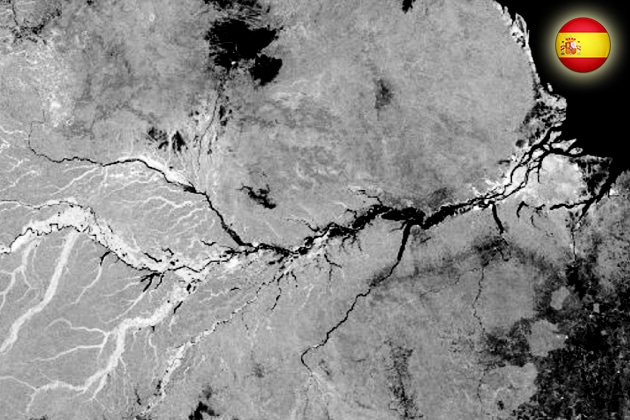Esta presentación es parte de una serie de cuatro tomos sobre los conceptos básicos del Radar de Apertura Sintética.
Al finalizar esta presentación los participantes podrán:
- Entender los parámetros físicos de las imágenes SAR
- Describir la interacción de la señal de SAR con la superficie terrestre
- Describir los pasos necesarios para pre procesar las imágenes
- Entender la información que se puede extraer de las imágenes SAR

Dr. Erika Podest is a scientist with the Carbon Cycle and Ecosystems Group at NASA’s Jet Propulsion Laboratory. Her research focuses on using Earth observing satellites, particularly microwave sensors, for characterizing and monitoring wetland ecosystems and seasonal freeze/thaw dynamics in the northern high latitudes as related to the global carbon and water cycles and climate change. She is working on the Soil Moisture Active Passive (SMAP) mission, a NASA Earth observing satellite that launched on Jan. 31 2015, which is improving our understanding of Earth’s water and carbon cycles and our ability to manage water resources. (Source: NASA ARSET)




Responses